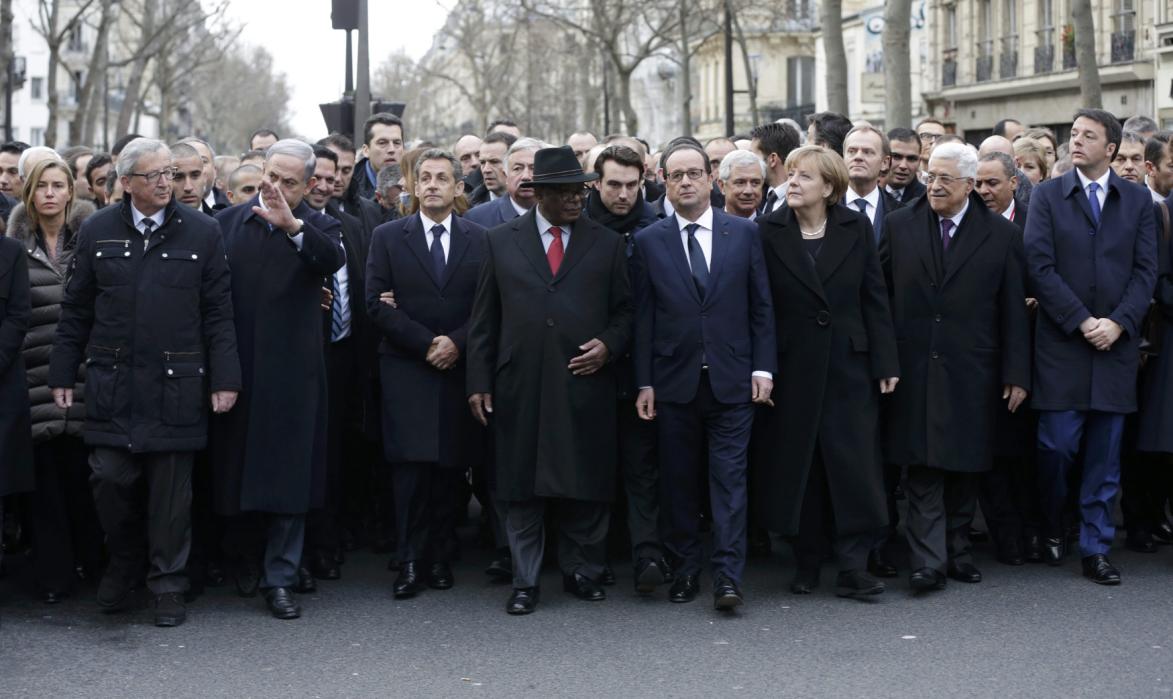In an increasingly polarized world, marked by divisions of ideology, culture, and belief, the Bahá’í teachings stand as a luminous beacon advocating for unity among peoples, nations, and diverse belief systems. The essence of Bahá’í philosophy encapsulates the idea that the advancement of civilization is inherently tied to the harmonious coexistence of humanity. To delve into this doctrine is to uncover an intricate tapestry, woven with threads of love, understanding, and collaborative endeavor.
At the core of Bahá’í teachings is the principle of the oneness of humanity. This concept transcends superficial differences among individuals and emphasizes an amorphous bond that connects all people. Each person is akin to a unique note in a grand symphony, each contributing to a collective harmonious existence. The Bahá’í Faith posits that just as beautiful music emerges from diverse notes, a vibrant society arises from the convergence of myriad backgrounds. Therefore, fostering an environment where unity prevails is not merely idealistic; it is essential for the survival and flourishing of humanity.
One might explore this notion further by likening humanity to a magnificent garden, where each flower, person, and culture enriches the aesthetic and vitality of the whole. The Bahá’í approach contemplates that while individual identities must be celebrated, they should not inhibit the blossoming of a cohesive and nurturing society. This perspective calls for a shift from isolation and discord to inclusivity and accord. It beckons individuals to recognize their shared humanity—and in the process, to cultivate a more compassionate and just world.
Bahá’í teachings advocate for the elimination of prejudice and discrimination, proposing that these harmful ideologies are detrimental not only to individuals but to society as a whole. The notion of unity does not imply uniformity. Instead, it recognizes the value of diversity as a source of enrichment. Embracing varying perspectives and cultures enhances social evolution and contributes to a panoramic understanding of human experience. In this light, individuals are summoned to engage in dialogues that bridge the gaps between disparate communities, fostering relationships anchored in respect and appreciation.
Furthermore, Bahá’í principles extend beyond individual interactions to national and global frameworks, championing cooperation among countries. The juxtaposition of diplomacy and globalization within Bahá’í discourse underscores the necessity for nations to transcend conventional boundaries. Just as disparate rivers converge into a single flowing body of water, countries are encouraged to work together towards common goals. The unification of nations can lead to peaceful resolutions of conflicts, collaborative progress in social development, and, ultimately, a collective enhancement of the human condition.
The essence of this unification is manifested through the concept of shared knowledge. Education is a cornerstone of Bahá’í teachings, viewed as a pivotal instrument for fostering global unity. When individuals are educated, they are empowered to engage critically with ideas, seek out solutions to societal challenges, and foster a sense of agency within their communities. The Bahá’í Faith champions the idea that education should be universal, accessible to all, regardless of socioeconomic status, and should encompass not just literacy but also moral and ethical development. In this sense, the pursuit of knowledge becomes an act of unification, bridging gaps and illuminating the path towards a harmonious society.
This discourse is further enriched by the notion of global governance as articulated within the Bahá’í Faith. Herein lies the aspiration for a worldwide order that facilitates the equitable distribution of resources, safeguard human rights, and exemplifies collective decision-making. This aspirational framework highlights the understanding that the interconnectedness of humanity necessitates an integrated approach to global challenges. The idea is to foster systems of governance that harmonize individual freedoms with collective welfare—balancing the rights of the person with the rights of society.
Additionally, interfaith dialogue is a vital element of the Bahá’í approach to unifying beliefs. By advocating for the recognition of the essential truths underlying all major religions, Bahá’í teachings encourage adherents to appreciate the shared moral foundation that exists among diverse faiths. This mutual respect engenders dialogues that bridge religious divides, fostering a culture of understanding rather than contention. The invitation to engage in such dialogues is not merely a plea for tolerance but rather a call to recognize the divine essence that permeates every tradition.
The dynamic interplay of these principles—the oneness of humanity, the call for education, and interfaith dialogue—creates a fertile ground for a comprehensive and inclusive world. To visualize this is to see a grand mosaic where each piece, with its unique color and character, contributes to an awe-inspiring panorama. This perspective propels humanity towards a common destiny: a world firmly rooted in unity and cooperation.
In conclusion, as individuals and nations grapple with the complexities of contemporary existence, the Bahá’í teachings resonate with a profound call for unity that is timeless and timely. This vision, continuously unfolding, invites not only contemplation but also action. By embodying these teachings, we can collectively forge a path toward a more unified and harmonious global community, realizing the true potential of our shared humanity. Every act of kindness, every initiative for cooperation, and every dialogue for understanding brings us closer to the ideal—a dazzling luminosity illuminating the path forward on this shared journey of life.
